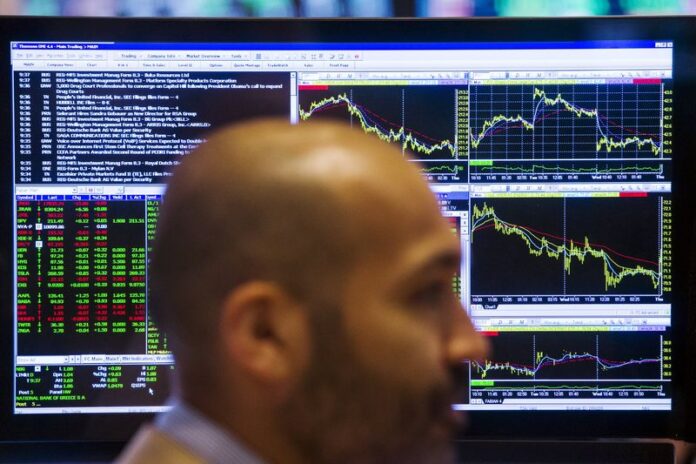By Elena Fabrichnaya and Alexander Marrow
MOSCOW (Reuters) – Strain on overseas banks working in Russia and the widening scope of sanctions are worsening overseas forex settlements in Russia and creating periodic imbalances within the home market, the central financial institution mentioned on Friday.
Western sanctions in opposition to Moscow for its actions in Ukraine have curbed its use of {dollars} and euros, with settlements in currencies Russia considers ‘pleasant’ – these of nations that haven’t imposed sanctions – rising considerably .
However the rise, led by , is just not uniform, the central financial institution mentioned, creating non permanent imbalances and forex liquidity difficulties.
In a overview of monetary stability, the Financial institution of Russia additionally warned of the dangers of Russians hoarding funds in overseas banks, significantly if entry to them turns into restricted.
In 2022 and the primary quarter of 2023, Russians decreased the quantity of overseas forex deposits in Russian banks by 3.1 trillion rubles ($39.9 billion), the central financial institution mentioned, whereas 2.6 trillion rubles have been transferred to subsidiaries of overseas banks.
In the meantime, restrictions on purchases by unqualified buyers of securities from issuers from “unfriendly” international locations are serving to to incentivize people to purchase from overseas brokers, the financial institution mentioned.
“In the long run, if the boldness of personal buyers within the Russian inventory market declines, there are dangers of a rise in residents’ financial savings in overseas devices and an outflow of funds from the Russian banking system, in addition to a discount enterprise funding’s means to draw long-term financing,” the financial institution mentioned.
Russian banks maintain 65.6% of excellent OFZ treasury payments. OFZ’s share in Russian financial institution property stood at 8.3% in early Could and has “important potential” for additional purchases, the financial institution mentioned.
However companies are additionally below stress because of rising transport and different prices.
“One of many fundamental drivers of rising capital prices is the change in technological processes of firms within the context of a scarcity of entry to beforehand used overseas tools,” mentioned the financial institution, the pharmaceutical, chemical, rubber industries and plastic being significantly in issue. ($1 = 77.7205 rubles)
